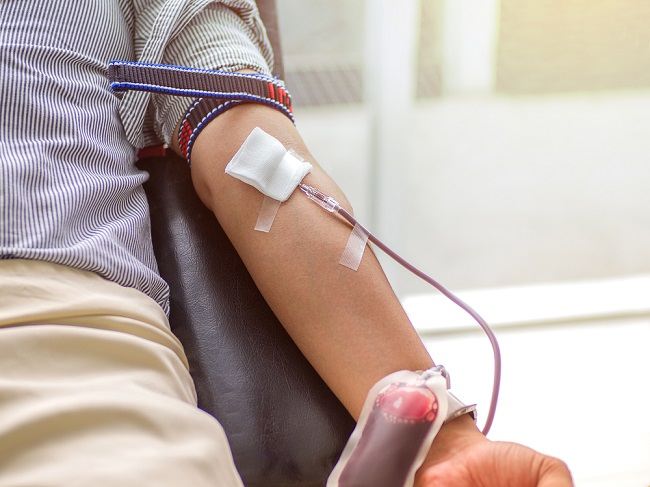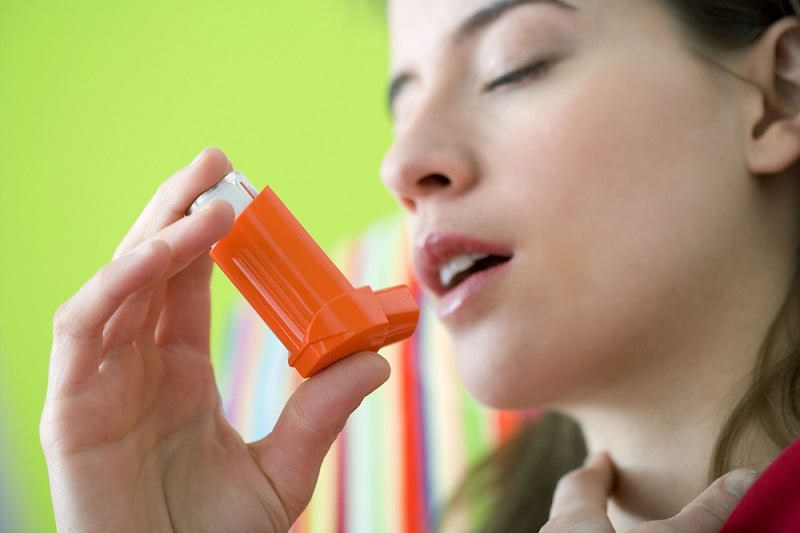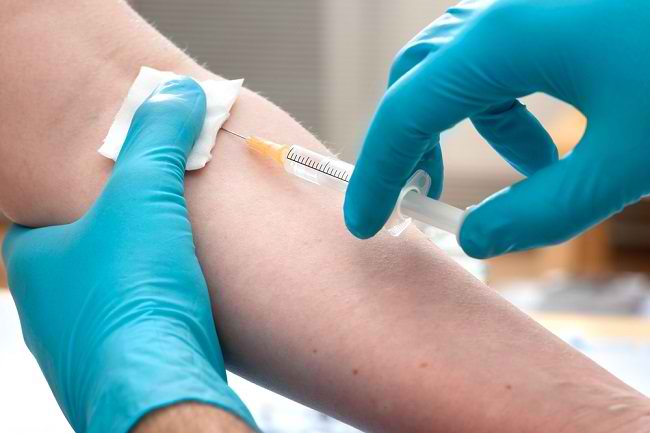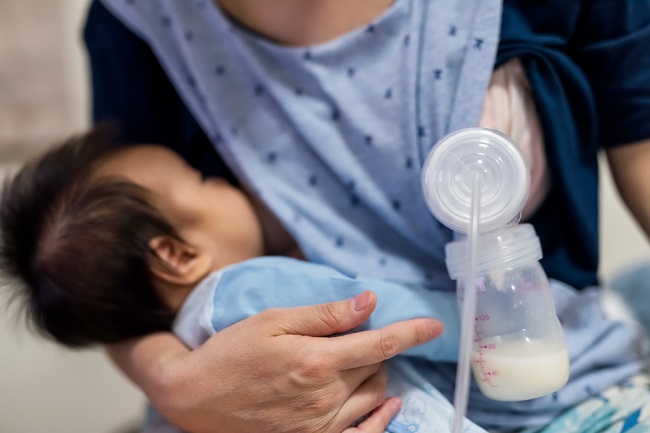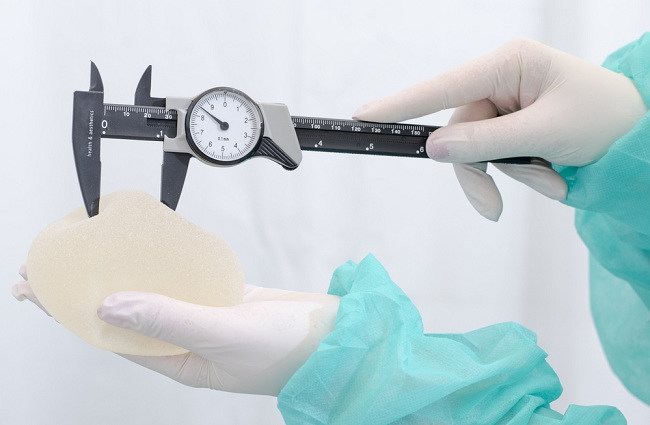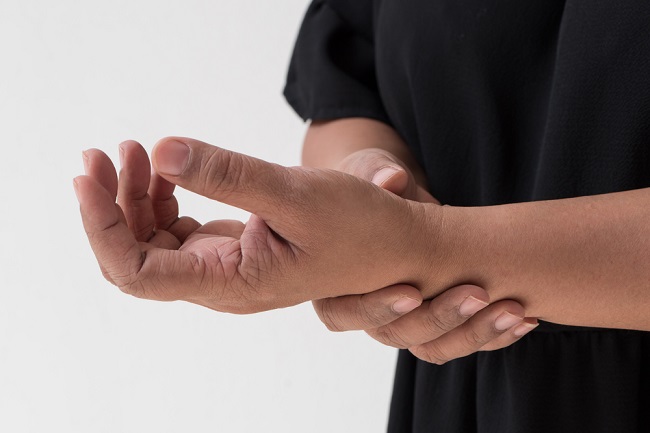Who is not excited to see a tiny and cute baby? Because they want to show affection, many people like to hug and kiss babies. However, it turns out that this is not a good thing to do. you know. The reason is, if the baby is kissed often, then he will be more susceptible to infectious diseases.
Unlike adults, babies have weak immune systems. This makes the baby's body susceptible to infection with germs and viruses that can cause various health problems.

Careful bIf Baby is Kissed
Germs and viruses that cause infectious diseases can settle in any part of the body, including the nose and mouth. When the baby is kissed, the germs and viruses will move to the baby's mouth and face, causing the baby to be more at risk of getting sick if he is kissed often.
Some infectious diseases that are at risk for babies who are often kissed include:
1. Herpes scomplex
One of the diseases that can happen to your little one if he is kissed by someone else is herpes, which is caused by the herpes simplex virus type 1 (HSV 1).
Herpes in babies can cause your little one to experience several symptoms, such as:
- More fussy or appear in pain.
- There are sores and blisters and a rash on the lips and surrounding skin.
- Fever.
- Not wanting to breastfeed or eat.
- Red and swollen gums.
- A lump appears in the neck due to swollen lymph nodes.
If you notice any of these symptoms in your baby, immediately take your little one to the doctor for immediate treatment. If treatment is not immediately carried out, there will be a greater risk of the HSV virus spreading to other parts of the body and causing serious complications, such as visual disturbances, genital herpes, and brain damage.
To treat this disease, doctors usually prescribe antiviral drugs. After the condition has been successfully treated, it is recommended that you continue to check your little one's health condition regularly to the doctor. This is because babies who have had herpes can experience a recurrence later in life.
2. Kissing disease (mononucleosis)
Babies who are kissed often can get a disease called mononucleosis. The Epstein-Barr virus is the cause of this disease. Because this virus is found in saliva, it is not only transmitted when an infected person kisses a baby, but also when the person coughs or sneezes nearby.
Babies who suffer from this disease will show signs and symptoms in the form of:
- Fever.
- Looks weak and doesn't want to play.
- Fussy with pain.
- Skin rash.
- Not wanting to eat or breastfeed.
- Swollen lymph nodes.
If you realize that your little one is experiencing symptoms, kissing disease, immediately see a doctor for further examination and treatment. Without prompt and proper treatment, the baby can be at high risk for a number of serious complications, such as an enlarged spleen, jaundice, and liver damage.
3. Thrush due to infection mold Candida (thrush)
Candida fungi are normal microorganisms that live in the mouth, skin, and digestive tract of every adult. When someone kisses a baby, this fungus can move into the baby's mouth
If this happens, the baby who is often kissed will be susceptible to oral thrush due to a Candida yeast infection.
Babies who have a yeast infection in their mouth will experience signs and symptoms in the form of white patches or coating appearing in the mouth, tongue, palate, and gums, the corners of the baby's mouth look dry and cracked, fussy, and don't want to breastfeed because of their mouth. it hurts.
To treat it, it is necessary to give antifungal drugs that can be obtained from a doctor's prescription. If the baby is breastfed, then breastfeeding can be continued.
4. Meningitis bactor
Meningitis caused by bacterial infection is a serious condition that can endanger the life of the baby. When exposed to meningitis, the baby will show symptoms such as:
- Weak and inactive.
- Fever.
- seizures.
- Stiff neck.
- Vomiting and not wanting to eat or breastfeed.
- Tends to fall asleep and is difficult to wake up.
Babies with bacterial meningitis need to get treatment from a pediatrician in a hospital as soon as possible. This disease requires treatment with antibiotics given by injection through an IV. If the baby's condition is severe, he will need treatment in the PICU.
If left untreated, babies with bacterial meningitis can develop fatal complications, such as sepsis and permanent brain damage. This brain damage can cause the baby to have disabilities, such as loss of hearing function, impaired growth and development, or paralysis.
5. ARI
Another risk that can befall babies if they are kissed often is getting an ARI or acute respiratory infection. ARI is most often caused by a viral infection, but sometimes it can also be caused by bacteria.
Just like some of the conditions above, viruses or bacteria that cause ARI are also contained in saliva and can be transmitted not only when kissing a baby, but also when the person coughs or sneezes near the baby.
Babies who are infected with ARI will experience several symptoms, such as coughing runny nose, frequent sneezing, fever, shortness of breath with wheezing, looks weak, and doesn't want to breastfeed or eat.
If it is caused by a viral infection, then ARI in infants can improve by itself. However, if it is caused by bacteria, then this disease needs to be treated with antibiotics. During recovery, make sure your baby is drinking enough milk or eating to prevent dehydration.
Because there are many dangers that can befall the baby if he is kissed often, then from now on avoid kissing the baby or allowing the baby to be kissed by others. It aims to maintain the health of the Little One.
If you want to touch the baby, make sure you wash your hands thoroughly with soap and water or hand sanitizer before holding and holding the baby. In addition, don't forget to keep the baby's vaccination schedule, and check their health regularly to the pediatrician.
